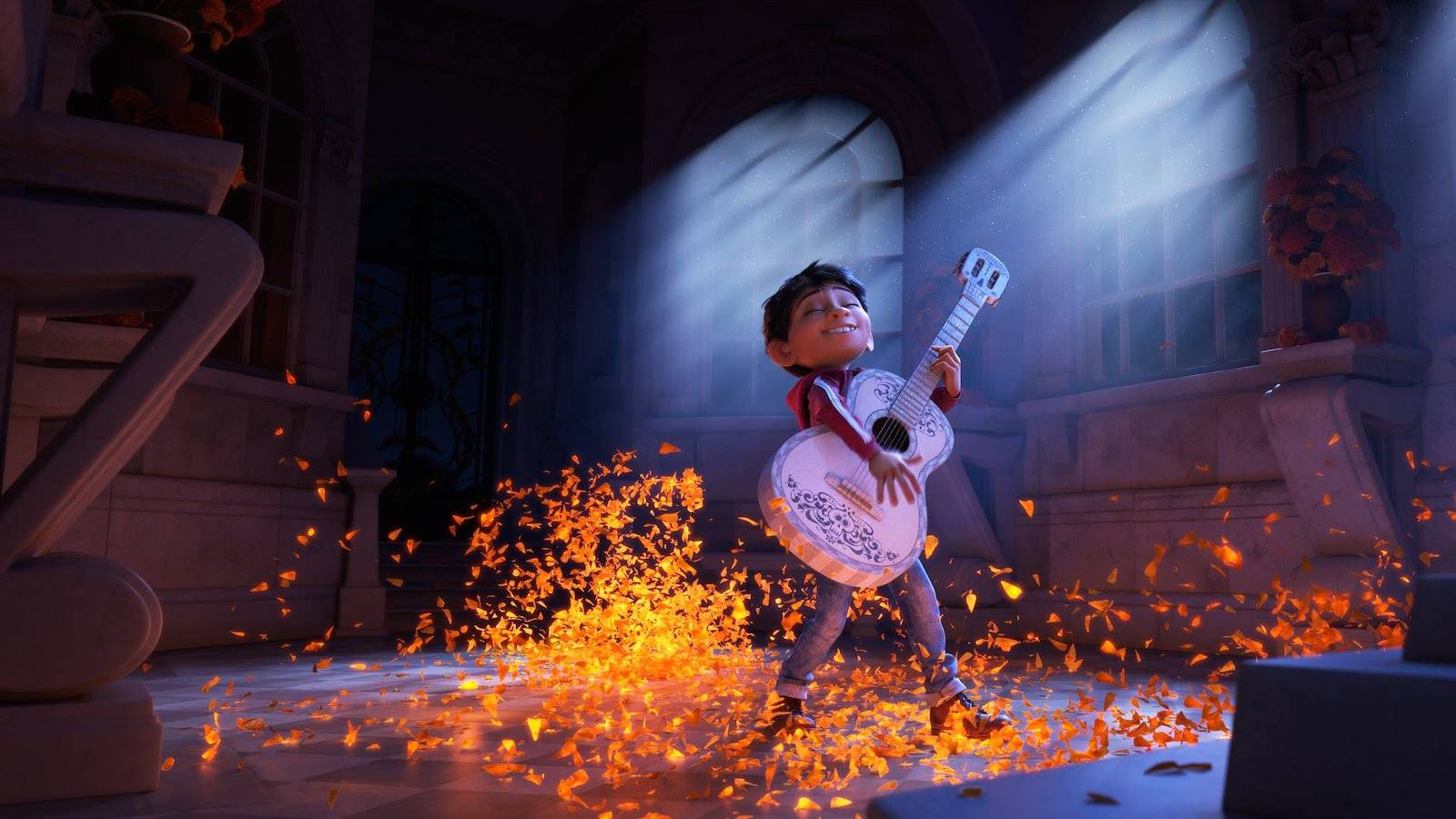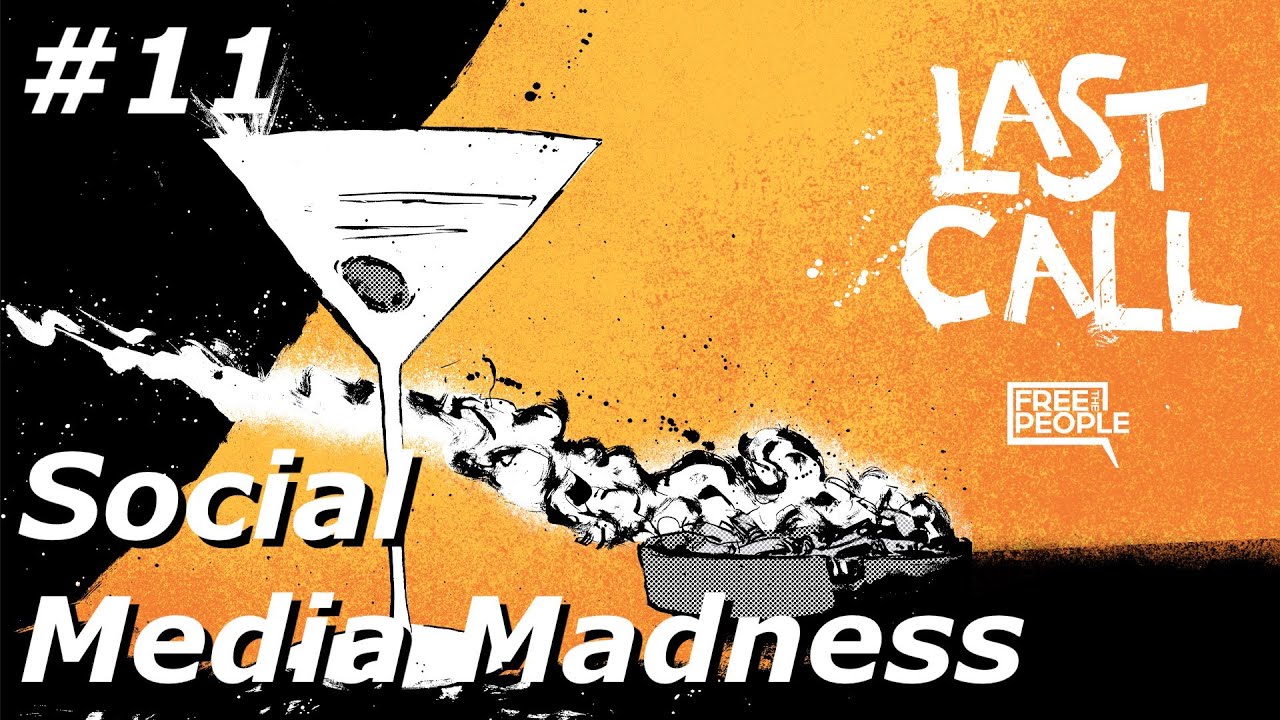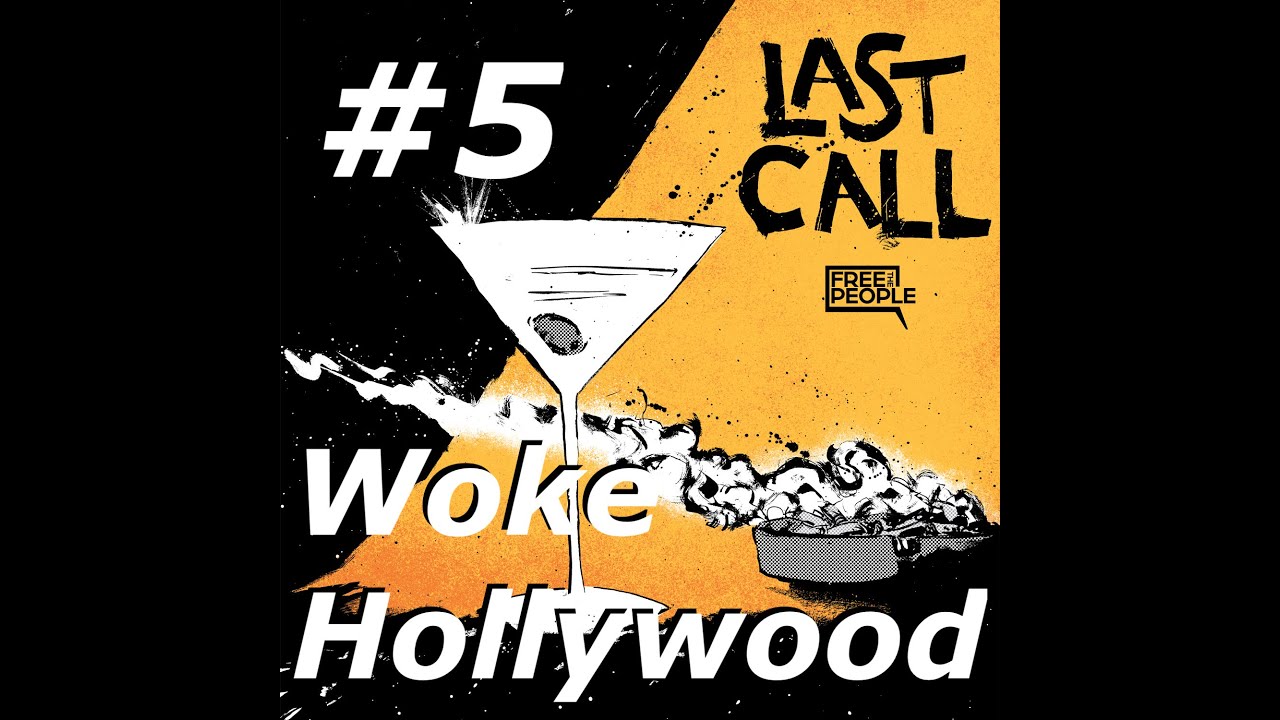
The Mixed Messages of Disney’s “Coco”
Over Thanksgiving, I took my two young nieces to see the latest Disney/Pixar animated film, “Coco.” In brief, the film is about a boy, Miguel, who pursues his ambitions as a musician in spite of his music-hating family’s wishes. Through a supernatural mishap, he finds himself transported to the land of the dead, struggling to get home before it’s too late.
But more interesting than the story itself is the film’s political context. The SJW crowd has put studios, Disney included, in an impossible position. You’re not allowed to make too many movies about white people, and when you make movies about other cultures, accusations of cultural appropriation come flying. Witness Disney’s previous film, Moana, which did a great job of relaying Polynesian folk tales to an American audience while still being wildly entertaining, but which landed enthusiastic little girls in hot water for wanting to dress as the title character for Halloween.
Now, Disney has tackled Mexican culture, specifically the traditions surrounding the Day of the Dead. Let me be clear that I’ve got no problem with this. The Western European canon has been mined pretty heavily, and I think it’s great that they’re finding new traditions to draw from. But the question is, will this new film cause a repeat of the Moana controversy?
Suppose “Coco” becomes the most popular thing since “Frozen” (it won’t; the music’s not that good, but stay with me for a minute). You’re going to have an army of kids dying to dress up as their favorite characters, to emulate the language and songs they hear on the screen, and to participate in the admittedly fun-looking Day of the Dead tradition. This is all a good thing. It’s what you want from your movies if you’re a major studio like Disney. But I can already hear the shrieks of outrage, as happy little moviegoers get branded as racists for appropriating Mexican culture. That’s not fair to the audience. People shouldn’t be punished for enjoying the movies they are presented with.
I note, from the closing credits, that Disney employed a veritable army of cultural advisors on the film. It’s admirable to make an effort not to get things wrong, but the sheer quantity of advisors credited (it looked like at least 30, if memory serves) leads me to believe that accuracy for its own sake is less a concern than avoiding retribution at the hands of an angry faction, all for the “crime” of being culturally ignorant or insensitive.
Aren’t movies supposed to be fun? Lately, it feels like writers and directors are just ticking boxes to make sure everyone is represented and no one is offended. That’s not my idea of fun.
For my money, “Coco” spends so much time trying to be “sensitive” that it forgets to be consistent, or really all that fun, instead struggling to present a positive message to young viewers. For example, one (inadvertent) message of the film is that, because being remembered in the land of the living keeps you intact in the afterlife, the most important thing in life is to become as famous as possible. After all, a devoted family may remember you for a couple of generations, but worldwide fame all but guarantees immortality. Hardly a noble moral. Directly contradicting this, we’re also told that family is the most important thing, even though the family in question is unreasonable, stubborn, and ultimately proven to be wrong. Elsewhere, “follow your dream” appears to be the moral, even though the main character’s dream directly conflicts with the wishes of his family, which, we must be reminded, is more important than anything else. As if that weren’t enough, “seize your moment” is another slogan thrown into the mix, only to turn out to be the motto of a pretty bad guy. So, don’t seize your moment, I guess.
I can’t help but feel that all of this confusion is at least partially the result of paying too much attention to cultural accuracy and too little attention to good storytelling.
“Coco” isn’t a bad film; it’s actually pretty enjoyable. But it nevertheless pales in comparison to some of Pixar’s earlier offerings, from all the way back when the company was less worried about hurting people’s feelings.
This article originally appeared on Conservative Review.
Free the People publishes opinion-based articles from contributing writers. The opinions and ideas expressed do not always reflect the opinions and ideas that Free the People endorses. We believe in free speech, and in providing a platform for open dialogue. Feel free to leave a comment.



